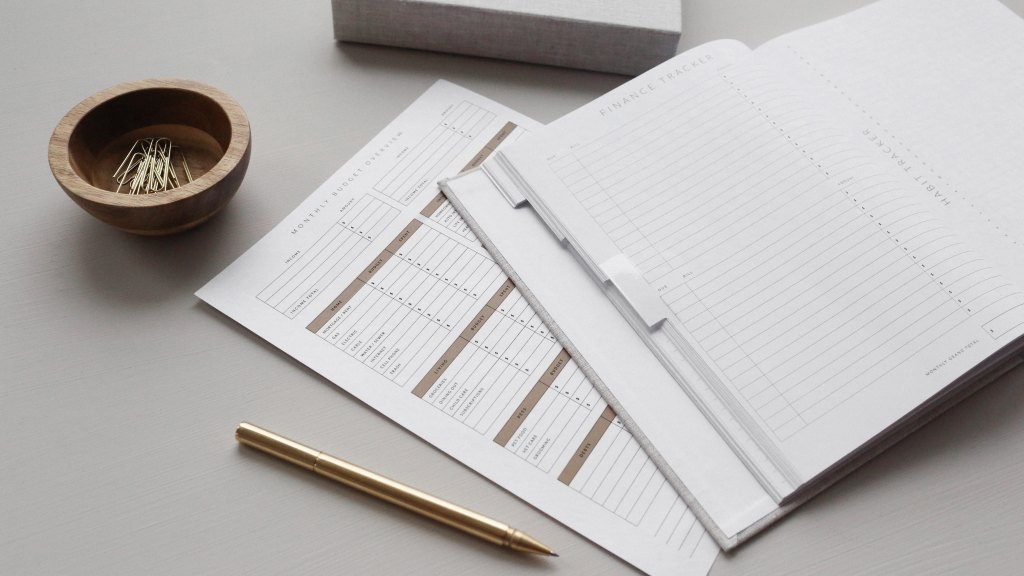The pandemic has helped demonstrate how crucial it is to take charge of our finances. Having a financial plan in place during uncertain times, and particularly looking to the year ahead can help provide you with some peace of mind. Looking back and reviewing your past year also helps identify any unnecessary outgoings and can be beneficial in changing habits that can make a big difference.

To help, here are some tips and tricks to ensure you are ready to face your finances in 2022.
- Know where you’re investing Although this seems obvious, 70% of those surveyed do not know if their money is invested sustainably according to Pru’s Power of Sustainable Living Report. By looking at companies, and understanding what your money is invested in can help determine whether you are investing in something that aligns with what you want. Your financial adviser can help answer any questions you have.
- Know where your money is going Look at your subscriptions. There is a chance you can be paying for multiple subscriptions you are not using regularly, whether that is for online streaming platforms, gym memberships or fitness classes. These monthly costs can add up, so for any that you’re no longer using, consider cancelling and saving the money instead.
- Get into a habit of saving a portion of your money As soon as your salary comes in, have a direct debit set up to move money into your savings account. This way, you will have a budget to stick to rather than looking at what you have left at the end of the month. If you have an extra or unexpected income, such as a bonus or a tax refund, put it straight into your savings account as this can go a long way towards a rainy-day fund should you need it. As a rule of thumb, aim to have at least three months’ salary easily accessible for emergencies.

- Think about the longer-term No matter your age, putting as much as you can into a pension as early as possible, will help shape the lifestyle you want later in life. As well as your pension savings growing, which can add up over the years, you might be able to benefit from pension contributions from your employer, which together with tax relief on your contributions will increase the value of your fund at no cost to you. And there are many sustainable funds available now if you’re keen to make a difference to the planet through your savings. Speaking to a financial adviser can help you plan for your financial future.
- Little things count Knowing where your money goes can help increase your savings. Often things such as buying instead of packing a lunch creep up, but it’s a problem that can be easily rectified, particularly if you’re working from home! Budgeting and planning can help you reduce your outgoings. One in five (18%) workers we asked either walk or cycle instead of commuting by car. Cycling or walking instead of getting the train or car will not only help you save, but it is more environmentally friendly too.
- Paying off your debts Credit cards have many benefits if used correctly. However, if you are struggling to pay your card off at the end of each month, debts can pile up. Look at your salary, and calculate a realistic plan to pay your debt off over the next several months. Pay the amount you have calculated as soon as the money lands in your account to ensure you aren’t tempted to spend it – a direct debit can be a big help here.


*Don’t forget to download my #FREE Lifestyle APP Live a Well-Designed Life



